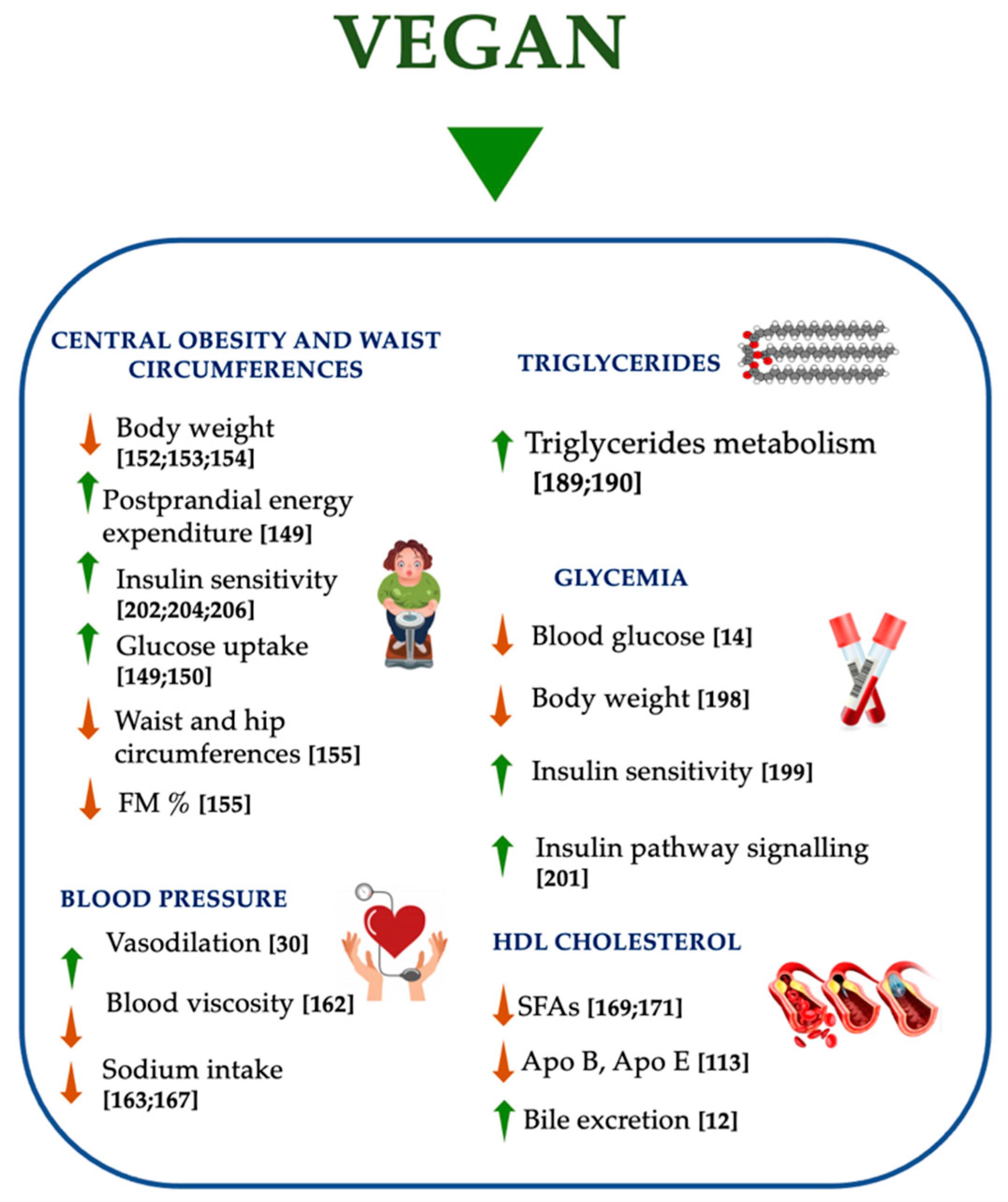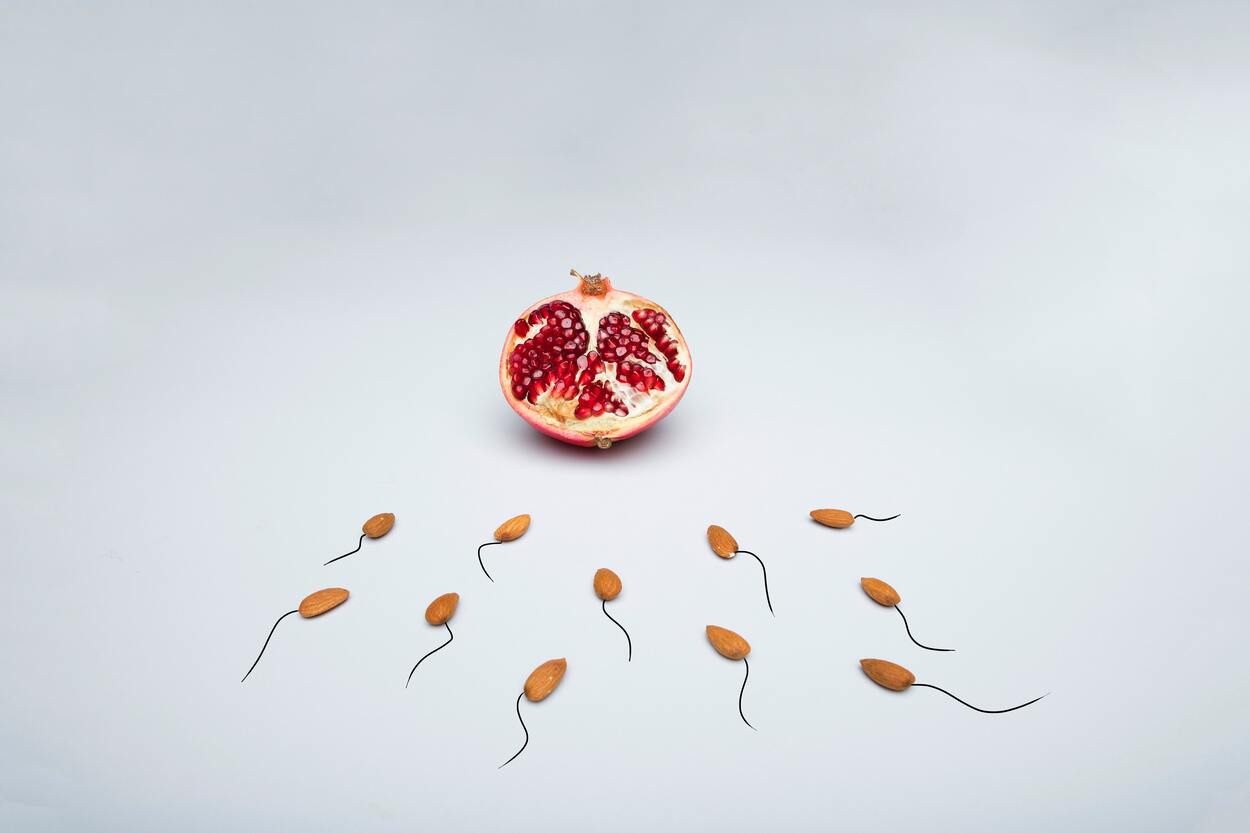
A satiating diet is a great way to eat more vegetables, avoid processed foods, and lose weight. High-fiber, high-fat, and high-protein foods are the best for filling up and can keep you full. These foods are also rich in B vitamins, selenium and phosphorus as well as other minerals.
Satiety, a subjective concept, can be measured via food intake. Or indirectly through subjective ratings. A variety of factors can affect your satisfaction including the type and composition of the food, how it was eaten, and the personality of the person. The satiating Index combines these factors in order to identify foods that make you feel fuller. The index was developed in 1995. It is based on how satisfied people feel when they eat certain foods.

Foods that are high in water content are generally less filling than foods that are high in carbohydrates. Carbohydrates rich in water are more filling than rice. Also, foods rich in fiber and fats are more filling that foods high on carbohydrates. A satiating diet will encourage you to eat low-fat, high-fiber, and added sugar foods. A satiating diet encourages you to have one snack per day and one meal each day. This diet is safe for most people, but you should consult your doctor before starting a satiating diet.
The way food is processed also has an impact on how satisfied you are. Some studies show that processed foods have a tendency to lower satiety. Foods that have less processing tend to contain more calories per kg. The effects of protein on satiety are closely linked to those of fiber. Fiber, an indigestible carbohydrate promotes satiety. It also slows down digestion in the stomach and promotes stable blood sugar levels.
It encourages the consumption of lots of fruits, vegetables, whole grain, and protein. It also discourages eating foods that are high in carbohydrates, low in fiber, and lack healthy fats. You are encouraged to consume low-fat dairy and lower-sodium foods. It encourages you to eat a variety of foods and to choose the types that are most filling. It is also important to know that foods with a high satisfaction score are more filling.
Food texture and taste can also affect our feelings of satisfaction. Delicious foods can satisfy the taste buds. They also activate reward regions of the brain. This then triggers the brain release hormones to signal the release o energy from your digestive tract.

Foods that are high in fat, protein, and fiber are more satiating than foods that are high in carbohydrates. Also, lean protein is more filling than those with higher fat content. Also, lean white fish is a great source of protein. These foods are high in omega-3 fatty acid, which promotes satiety.
FAQ
These are five tips to help you lead a healthy lifestyle.
How can you live a healthy life?
Healthy lifestyles include eating right, exercise regularly, getting enough rest, managing stress, having fun, and eating healthy. Avoiding sugar and unhealthy fats is key to eating well. Exercise strengthens your muscles and helps you lose calories. Sleeping enough can improve memory and concentration. Managing stress reduces anxiety and depression. Fun keeps us happy and healthy.
What is the difference among a virus or bacterium and what are their differences?
A virus is a microscopic organism which cannot reproduce outside of its host cell. A bacterium is a single-celled organism that reproduces by splitting itself in two. Viruses measure only 20 nanometers in diameter, but bacteria is up to 1 millimeter in size.
Viruses are spread via contact with infected bodily liquids such as urine, saliva, semen and vaginal secretions. Bacteria can easily be spread from direct contact to contaminated objects and surfaces.
Viral infections can be transmitted through skin cuts, scrapes and bites. They can also penetrate the nose, lips, eyes and ears, vagina,rectum, or anus.
Bacteria can get into our bodies through cuts, scrapes and burns, insect bites, or other skin breaks. They can also be introduced to our bodies by food, water and soil.
Viruses and bacteria both cause illness. But viruses can't multiply within their host. Viral infections can only cause diseases in living cells.
Bacteria can multiply within their hosts and cause illness. They can invade other areas of the body. Antibiotics are needed to eliminate them.
What are 10 healthy habits you can adopt?
-
Eat breakfast every day.
-
Don't skip meals.
-
Be balanced.
-
Get lots of water.
-
Take good care of your body.
-
Get enough sleep.
-
Avoid junk food.
-
Do some type of exercise daily.
-
Have fun
-
Make new friends
What should I eat?
You should eat lots of vegetables and fruits. They contain vitamins and minerals which help keep your immune system strong. They are also rich in fiber, which is good for digestion and makes fruits and vegetables filling. Include at least five portions of fruit and vegetables per day.
You should also drink lots of water. Water flushes toxins from the body and gives you a full feeling between meals. Drink about eight glasses each day.
Refined grains should be replaced with whole grains. Whole grains contain all of their nutrients, including B vitamins and iron. Some nutrients have been removed from refined grains.
Avoid sugary drinks. Sugary drinks have empty calories and are a major contributor to obesity. Instead, opt for water, milk, or unsweetened tea.
Avoid fast food. Fast food lacks nutritional value. It may taste great but it won't give you the energy you need to function properly. Stick to healthier options such as salads, soups, sandwiches, and pasta dishes.
Try to limit alcohol intake. Alcohol is a poor nutrient and has empty calories. Limit the number of alcoholic beverages you consume per week to no more that two.
Red meat consumption should be reduced. Red meats are high-in saturated fats and cholesterol. Opt for lean cuts of beef, pork, lamb, chicken, fish, and turkey instead.
Statistics
- nutrients.[17]X Research sourceWhole grains to try include: 100% whole wheat pasta and bread, brown rice, whole grain oats, farro, millet, quinoa, and barley. (wikihow.com)
- The Dietary Guidelines for Americans recommend keeping added sugar intake below 10% of your daily calorie intake, while the World Health Organization recommends slashing added sugars to 5% or less of your daily calories for optimal health (59Trusted (healthline.com)
- According to the Physical Activity Guidelines for Americans, we should strive for at least 150 minutes of moderate intensity activity each week (54Trusted Source Smoking, harmful use of drugs, and alcohol abuse can all seriously negatively affect your health. (healthline.com)
- This article received 11 testimonials and 86% of readers who voted found it helpful, earning it our reader-approved status. (wikihow.com)
External Links
How To
Ten tips for a healthy lifestyle
How to keep a healthy lifestyle
Our fast-paced world means that we aren't getting enough sleep, don't eat enough, drink too much alcohol, and smoke too many cigarettes. We don't pay enough attention to our body's health.
When you work full-time, it is difficult to maintain a healthy diet and exercise program. It becomes even harder if you are stressed out because your mind tells us that we cannot handle this situation anymore so we start feeling guilty and give up.
It is possible that your body is experiencing problems. Ask your doctor for his/her opinion about your current situation. If nothing is abnormal, it might be stress due to your job.
Some people believe they are fortunate because their jobs enable them to regularly go to the gym or because they have good friends who help them stay fit. They are fortunate. They have no problems. They managed everything. I wish everyone could become like them. Unfortunately, many people are not able to balance their work and personal lives. Many people fall prey to bad habits, which can eventually lead them to developing diseases like heart disease, diabetes and cancer.
Here are some tips that might help you to improve your lifestyle:
-
Sleeping 7 hours a night minimum, 8 hours maximum is the ideal amount. This means sleeping properly and not consuming caffeine in the hour before bed. Caffeine blocks melatonin hormones, making it difficult to fall asleep. Also, make sure that your bedroom is clean and dark. You should use blackout curtains if possible, especially if your work is late at night.
-
Take a balanced breakfast. Avoid sugar products, fried foods and white breads. For lunch, try to include fruits, vegetables and whole grains. It is recommended that afternoon snacks be high in fiber and protein, such as nuts and seeds, beans, fish, and dairy products. Avoid unhealthy snacks like chips, candies, cookies, cakes and sodas.
-
Get enough water. Many people don't get enough. Water aids in weight loss, skin health, digestion, and keeps our skin young and supple. Aim to drink six glasses of fluids daily to lose weight more quickly. Your urine color is the best way to determine your hydration levels. A yellow urine color indicates that you are dehydrated. An orange urine color means that you are slightly dehydrated. Pink urine means that your hydration level is normal. Red urine means that you are overhydrated. Clear urine means that your urine is highly-hydrated.
-
Exercise - It has been proven that regular physical activity can improve energy levels and reduce depression. Walking is a good way to get fit and improve your mood. Walking is easy, but it takes effort and concentration. Your brain must be able to focus on the act of walking while you breathe slowly and deeply. A 30-minute walk for 100 to 150 calories can be burned in 30 minutes. Start slowly and increase your pace gradually. Stretch after exercising to avoid injuries.
-
Positive thinking is important for mental well-being. If we are positive, we create a happier environment in our minds. Negative thinking can drain our energy and create anxiety. Try to visualize the things you are aiming to achieve. Break down the tasks into smaller steps if you feel overwhelmed by all the new tasks. You will fail occasionally, but you can always get up and try again.
-
It is important to learn how to say no. We are often so busy, that we don't realize how much time we spend on unimportant tasks. It is important for you to know when to say no. Not saying "no" is rude. It is just saying no. You will always find another way to finish the job. Be clear about your boundaries. You might ask for the help of someone else. This work can be delegated to someone else.
-
Take care of you body. You can boost your metabolism by eating healthier foods. Avoid heavy and oily foods. They can raise cholesterol levels. A good tip is to have three meals and two snacks daily. The recommended daily intake should be between 2000 and 2500 calories.
-
Meditation is a great stress relief and can help reduce anxiety. You can relax your mind by simply sitting still and closing your eyes. This exercise will allow for clarity of thought and be extremely helpful in making decisions. Practicing meditation regularly will make you calmer and happier.
-
Don't skip breakfast - Breakfast is the most important meal of the day. Skipping breakfast can cause you to eat too much during lunch. As long as you have breakfast within one hour of waking up, it is not too late. Breakfast boosts energy and helps to manage hunger.
-
Clean eating is key to a happy mood. Avoid junk food or any food items that contain preservatives or artificial ingredients. These products can make you feel hungry and acidic. A variety of fruits and vegetables is rich in vitamins, minerals and other nutrients that can help improve overall health.
-
***